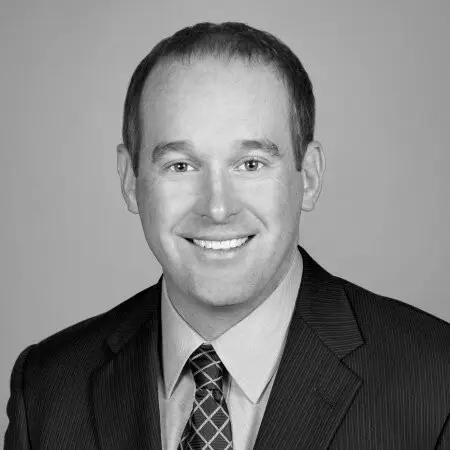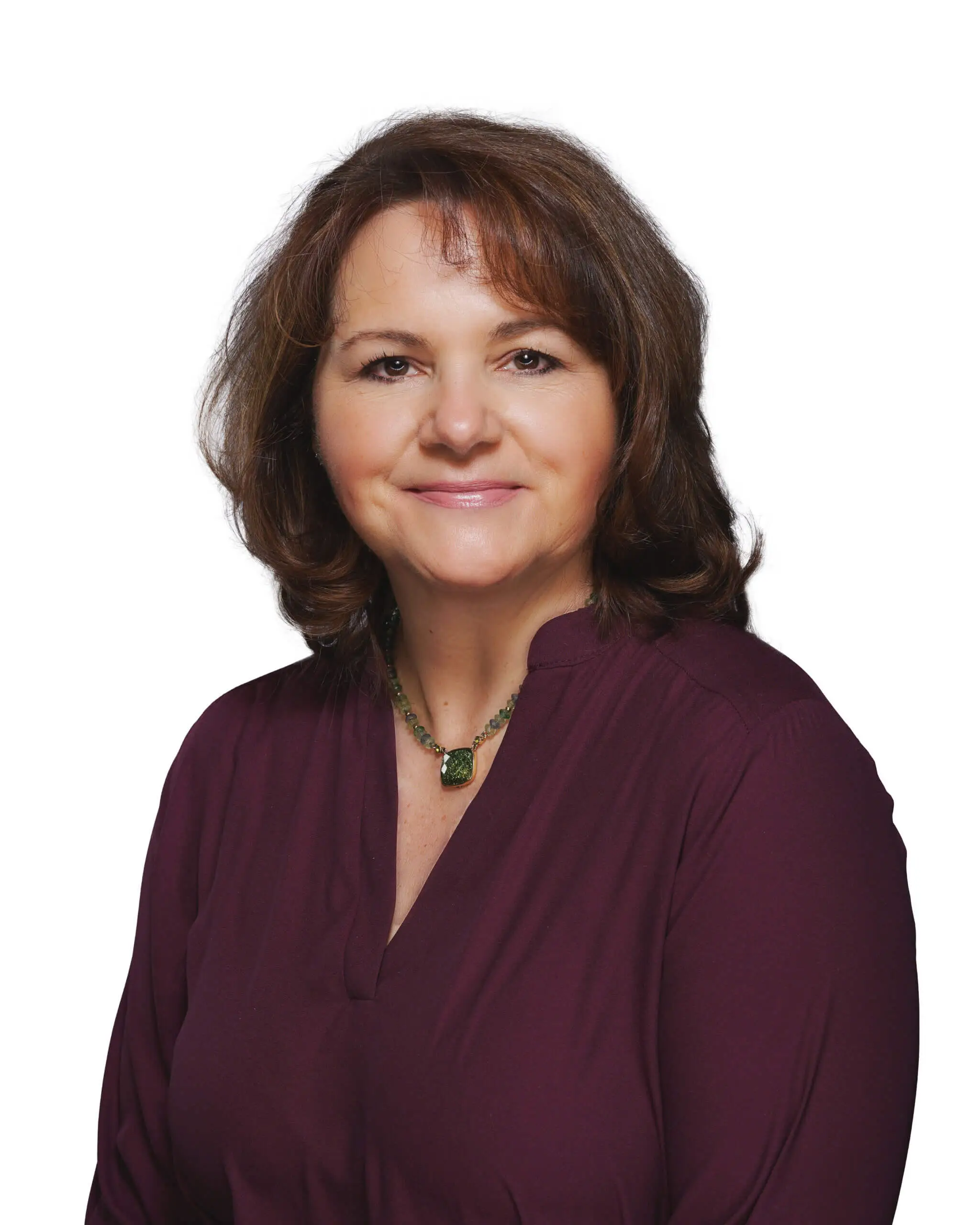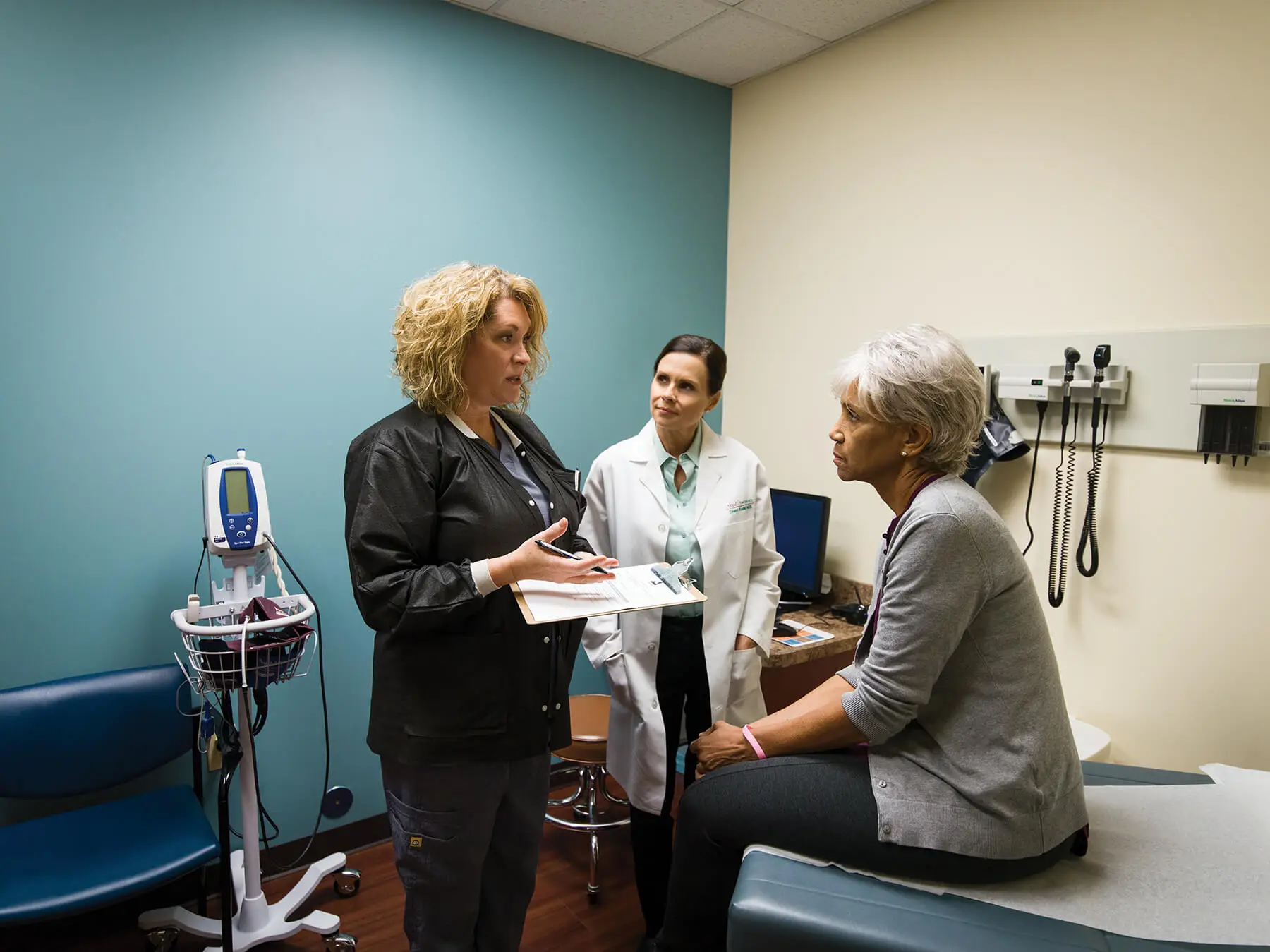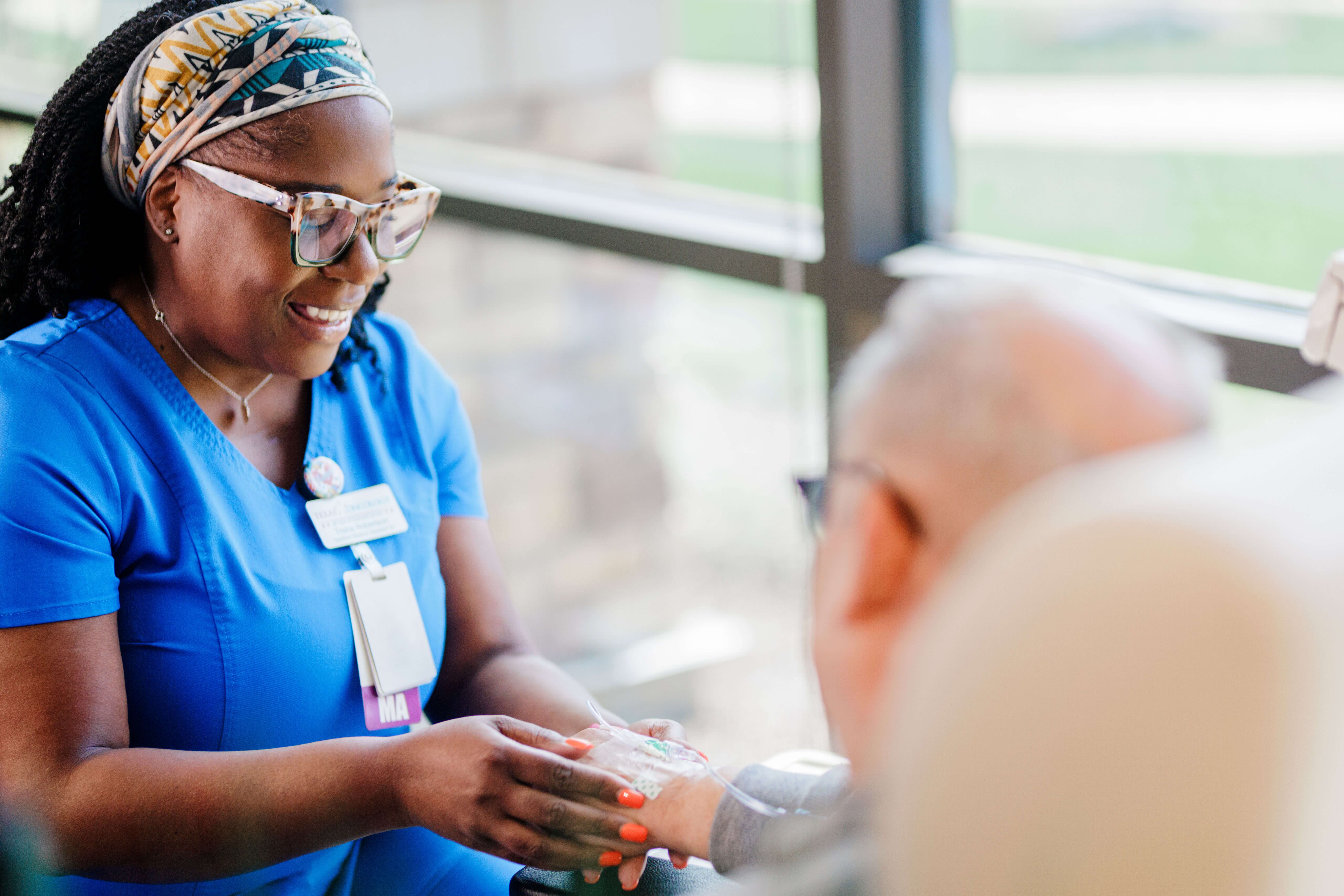« Back to Blog
Overcoming SDoH barriers with The Network & Findhelp
Gaps in health equity can contribute to sub-optimal outcomes
Maximizing the opportunities of achieving the best possible outcomes for cancer patients goes beyond the confines of the clinic. Addressing the needs of patients requires understanding and overcoming challenges related to socioeconomic factors and the environment. These challenges, often referred to as Social Drivers of Health (SDoH), encompass the conditions in the environments where people are born, live, grow, eat, play, and die.
SDoH can significantly impact an individual’s health outcomes and overall quality of life, as well as their access to quality medical care. When patients face obstacles in any of these areas, seeking healthcare or following through with their treatment plans becomes difficult. Therefore, it is crucial to help patients overcome these challenges and remove barriers that hinder their ability to concentrate on their treatment.
By assessing and addressing SDoH, we can enhance patients’ access to care and promote optimal outcomes. This approach not only improves their quality of life but also contributes to a more equitable healthcare system. By focusing on the needs of cancer patients beyond the clinic, we can make a significant impact on their treatment journey and ultimately improve their chances of achieving the best possible outcomes.
Challenges addressing SDoH barriers in community oncology
Addressing SDoH barriers comes with its own set of challenges for community oncology practices. Limited staff, tight budgets, and short appointment times make it difficult to comprehensively screen and connect patients with resources. Additionally, navigating fragmented social service systems and respecting patient privacy can add further complexity. In particular, rural community oncology practices must find innovative solutions to overcome these difficulties, which may be less accessible in rural areas, and ensure that patients receive the support they need to address their SDoH barriers.
Three practices in The US Oncology Network (The Network) – Shenandoah Oncology, Southern Cancer Center, and Willamette Valley Cancer Institute & Research Center – have experienced firsthand the difficulties patients encounter in accessing the resources needed to address SDoH barriers. Navigators had to manually search for social service programs, often finding outdated or inactive options, causing delays in connecting patients with appropriate services and causing frustration. Additionally, the limited availability of programs further hindered the ability to find solutions tailored to each patient’s specific needs.
Despite these hurdles, there’s growing support for integrating SDoH efforts into community oncology practices, with resources being developed to help connect patients with social services in their community. The Network has made it a priority to help patients address SDoH barriers so they can access high quality care, within their community.
Connecting patients to social services with The Network and Findhelp
To address the increasing socioeconomic and environmental challenges faced by cancer patients, The Network has partnered with Findhelp, a platform that assists in navigating social services, community resources, and referrals for patients. This collaboration allows for a more comprehensive level of support, efficiently connecting patients with the necessary assistance they require. By doing so, it promotes optimal outcomes for individuals who are often disadvantaged by various circumstances, thereby bridging the gap in health equity.
The implementation of Findhelp has brought significant improvements to Shenandoah Oncology, Southern Cancer Center, and Willamette Valley Cancer Institute & Research Center in their quest to connect patients with the social services they need. The platform has transformed the referral process, allowing practices to track the availability and activity of programs, ensuring patients are referred to active and relevant services. The ability to filter programs based on eligibility criteria has significantly improved efficiency, eliminating the need for manual searches through irrelevant options. Findhelp has also expanded the range of available programs, empowering navigators to educate patients on how to utilize the platform effectively to find the assistance they require. This has not only increased the accessibility of resources for patients but also enhanced the overall patient experience.
By implementing Findhelp, The Network has successfully addressed the challenges practices faced prior to its adoption. The result is a streamlined referral process, improved patient access to vital resources, and increased efficiency for navigators. From June 2023 to June 2024 practices in The Network referred 3,116 patients to community-based social services. Findhelp has truly made a positive impact on practices in The Network, enabling them to provide comprehensive and effective support to their patients.



The Network’s ongoing commitment to empowering patients through addressing SDoH barriers
The Network is dedicated to making a significant impact in addressing SDoH barriers. With a firm commitment to this cause, The Network aims to increase closed loop referrals, a process in which Findhelp refers a patient to an agency and then follows up to ensure that the referral was completed and that the necessary services were provided, within 30 days post-referral by an impressive 65% during Fiscal Year 2024. This commitment is projected to positively impact over half a million patients, ensuring they receive the necessary support and resources to overcome SDoH barriers.
By actively working towards increasing closed loop referrals, practices in The Network demonstrate their dedication to providing comprehensive care to patients. This commitment will not only improve patient outcomes but also contribute to the overall well-being and quality of life for those facing cancer and SDoH challenges. The Network is proud to take a leading role in addressing SDoH and ensuring that patients receive the holistic support they need throughout their cancer journey.

